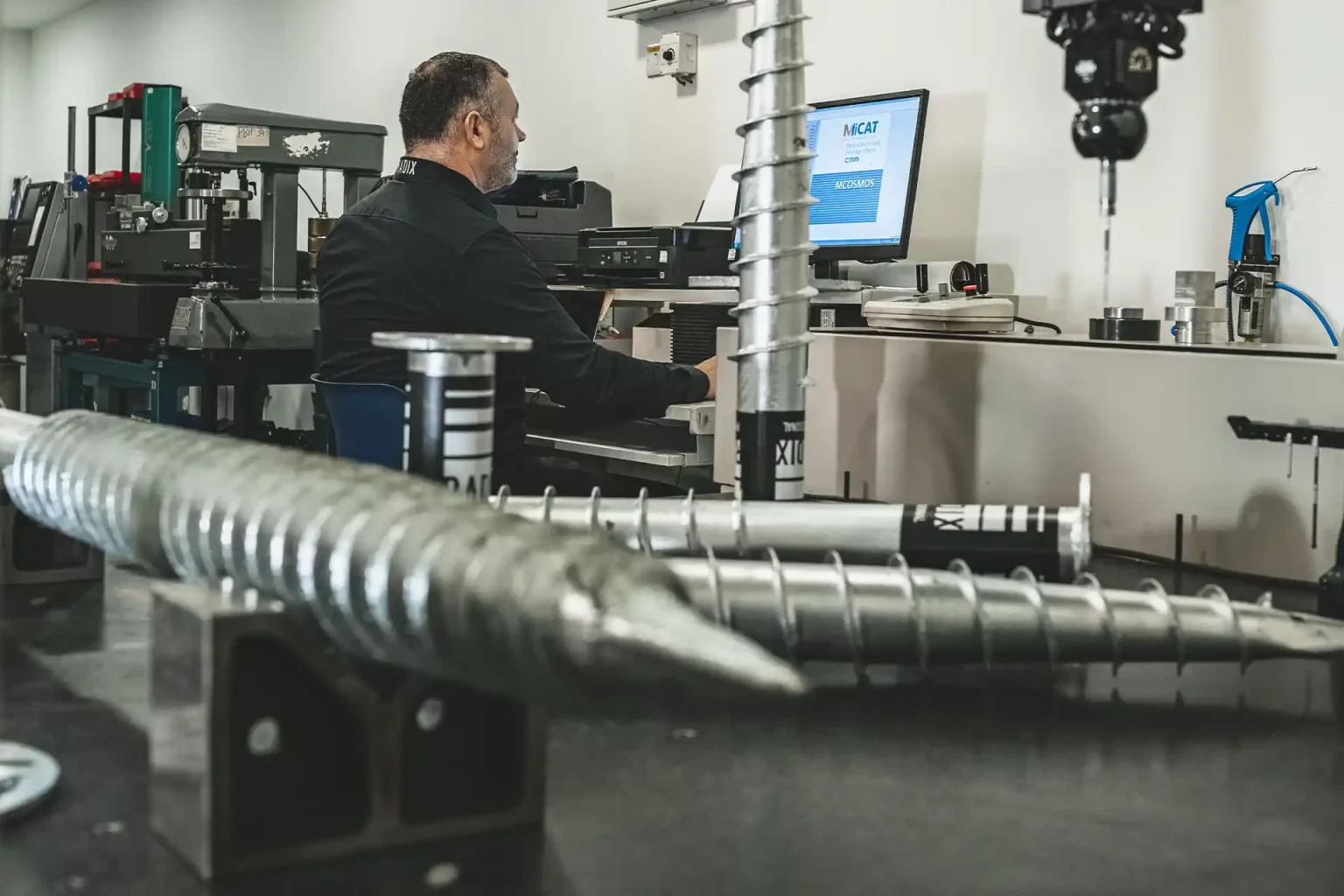
The Technical Information Behind Our Sustainable Foundations
Risking the integity of your structure with poor foundations would be a critical mistake for whatever you are building. At RADIX, we take this concern away from you by expertly manufacturing our screws, constantly testing their strengths and having extensive quality control checks in place to ensure your structure’s stability.
Manufacturing of our sustainable foundations
At RADIX, following a rigorous design, prototyping and testing process, we ensure every product is manufactured to the highest quality standards. Every ground screw, screw pile and bracket is manufactured under EN ISO 9001:2015 quality management and finished in accordance with BS EN ISO 1461:2009.
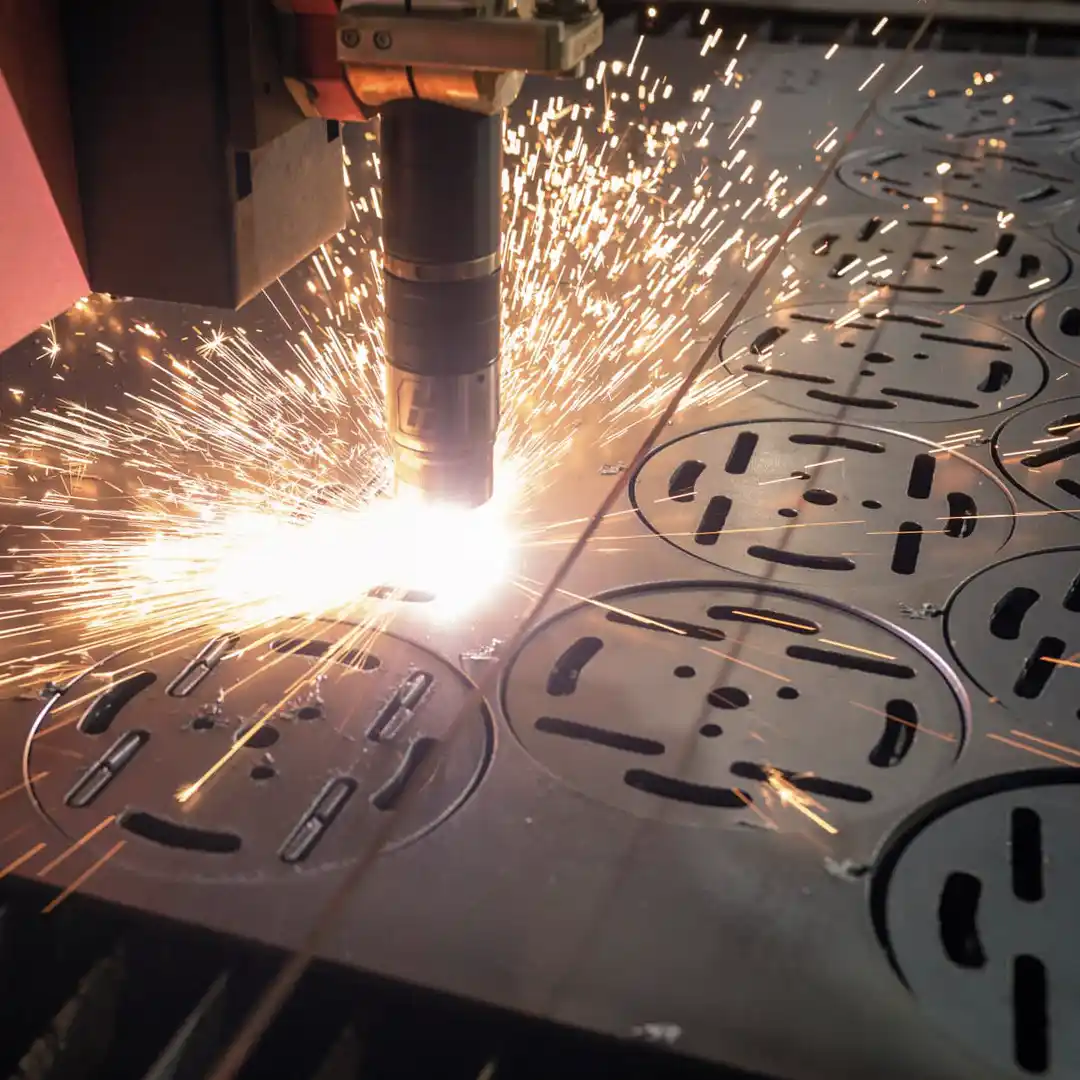
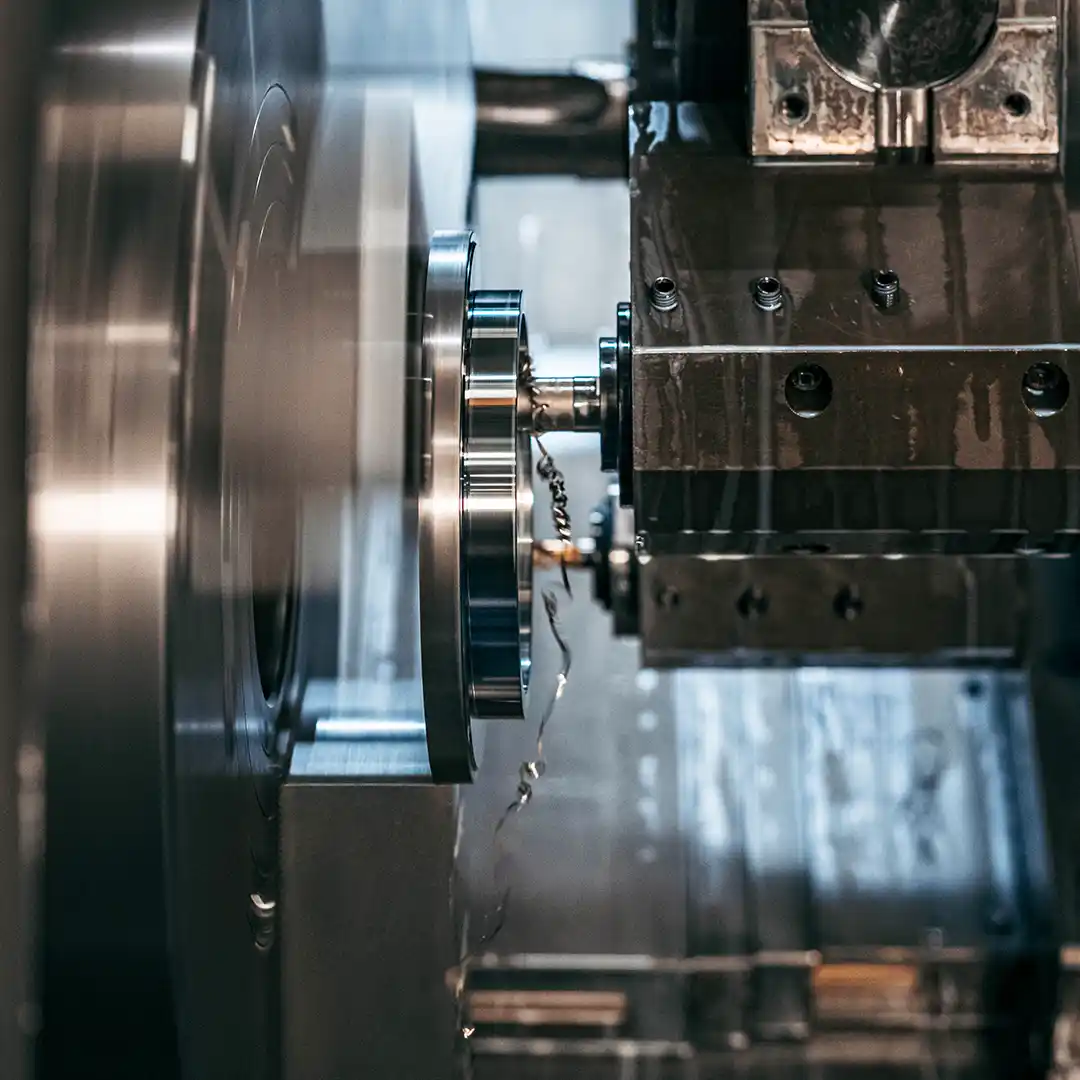
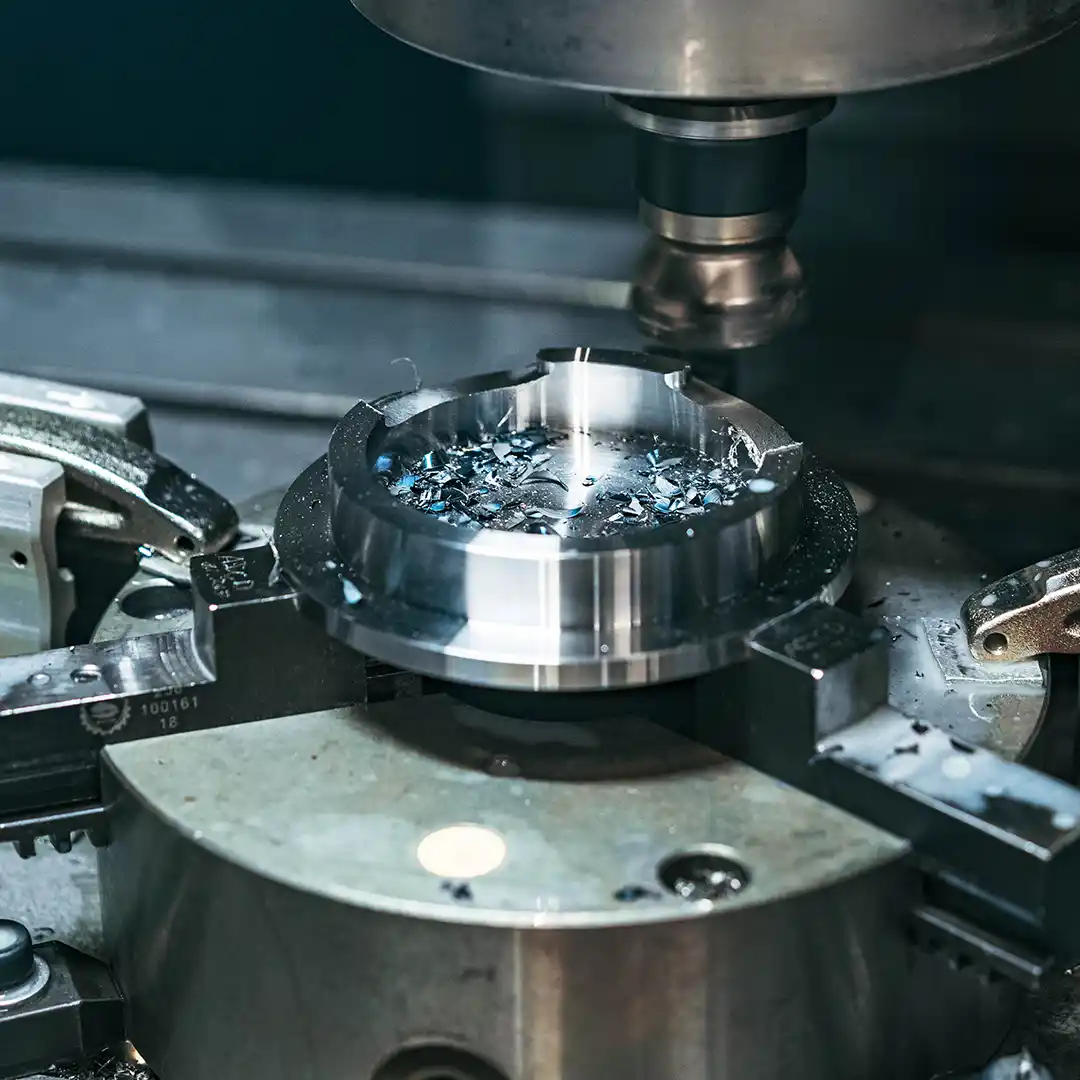
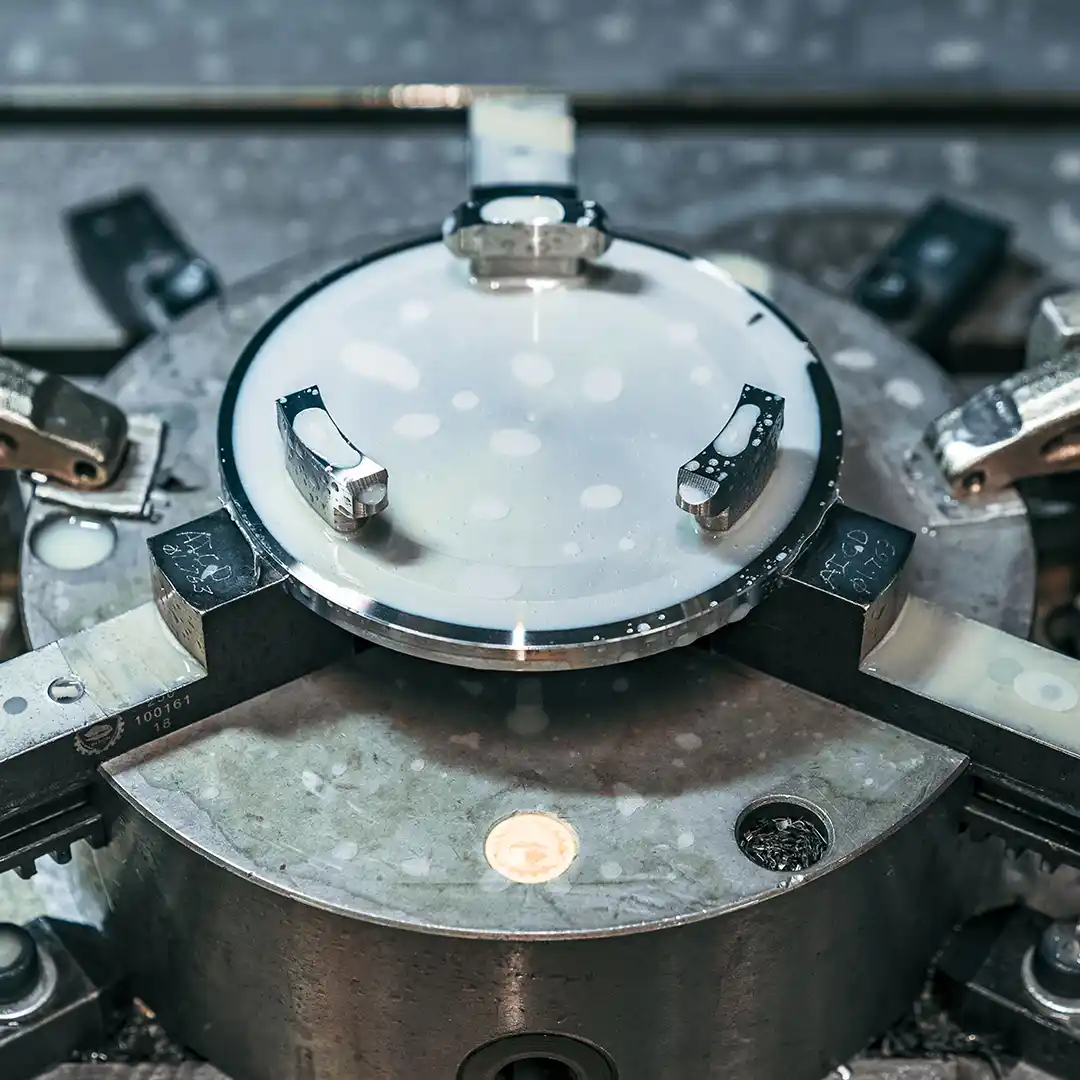
Quality control
We complete regular inspection checks of all our products; reports are available upon request. At RADIX, we are committed to offering you quality for your foundations and delivering value-engineered products suitable for application.
We understand the importance of ensuring you are building on solid and secure foundations, whatever the structure. This is why our manufacturing, rigorous testing, and quality control processes are at the forefront of every decision—supplying you with the best ground screw or screw pile solution.
Sample Inspection Report Sample Galvanising Inspection Report
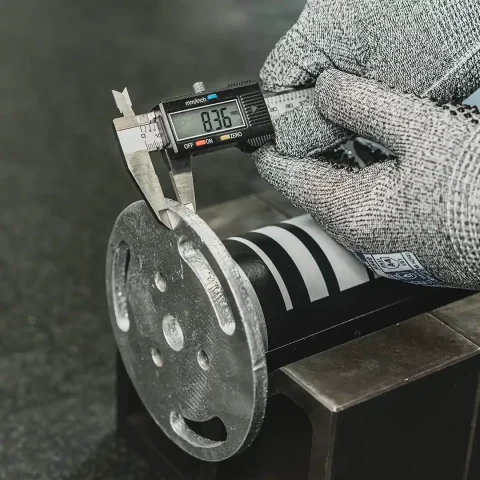
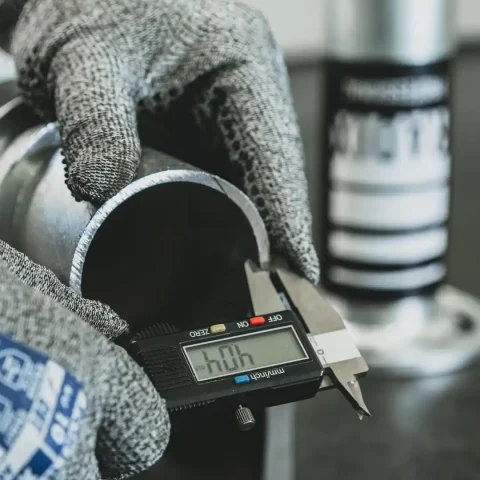
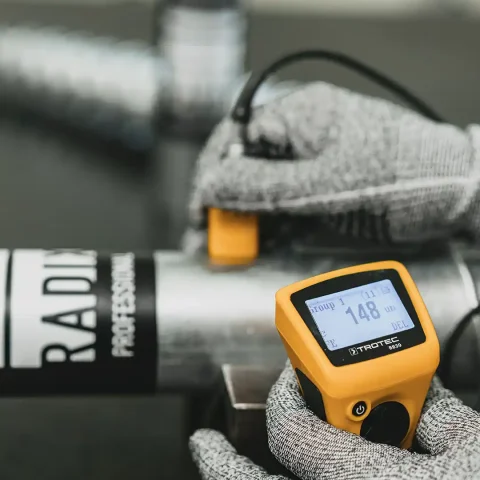
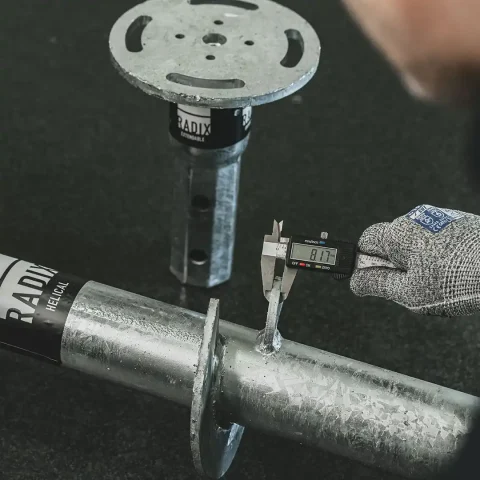
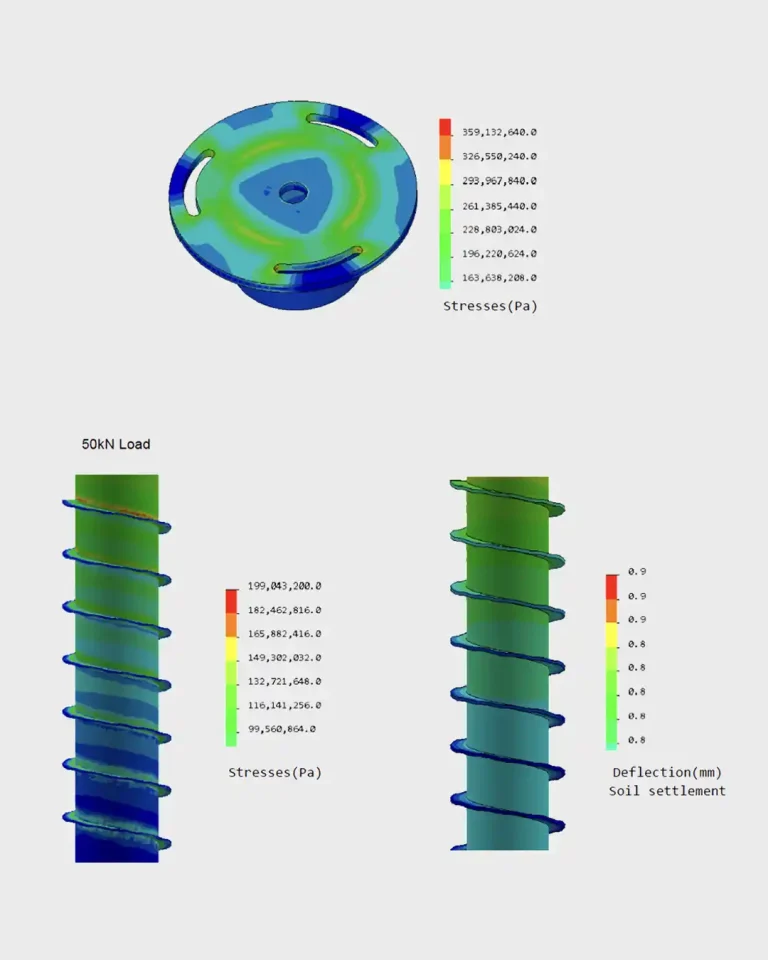
The lifespan of our sustainable foundations
How long do our ground screws and screw piles last as a sustainable foundation solution?
The design life of our ground screws and screw piles is dependent on a number of elements; lifetime load bearing capacity and soil characteristics are a significant factor. Specific corrosion rates and life span can be provided on request, independently verified by engineers.
Based on a typical C3 soil corrosion category, the zinc coating may deteriorate at approximately 3.5µm per year. Once total corrosion of the zinc coating is accomplished, steel corrosion then progresses at an average rate of 25µm per year.
Based on a RADIX PRO 76×1550 Ground Screw and a 45kN axial load applied, we can demonstrate the following.
When installed this screw has a wall thickness of 4.0mm and helix thickness of 3.0mm x 15mm wide. At an axial load of 45kN, the wall and helix are reduced to 2.75mm and 1.75mm respectively.
At C3 corrosion rate:
Galvanised coating on average is 70.0µm and life expectancy: 70/3.5=20 years
The then reduced wall and helix thickness by 1.25mm: 1.25/0.025=50 years
TOTAL: 70 years
If you would like any further technical information or independent engineer reports for our sustainable foundations, please get in touch, and we’ll be happy to help.
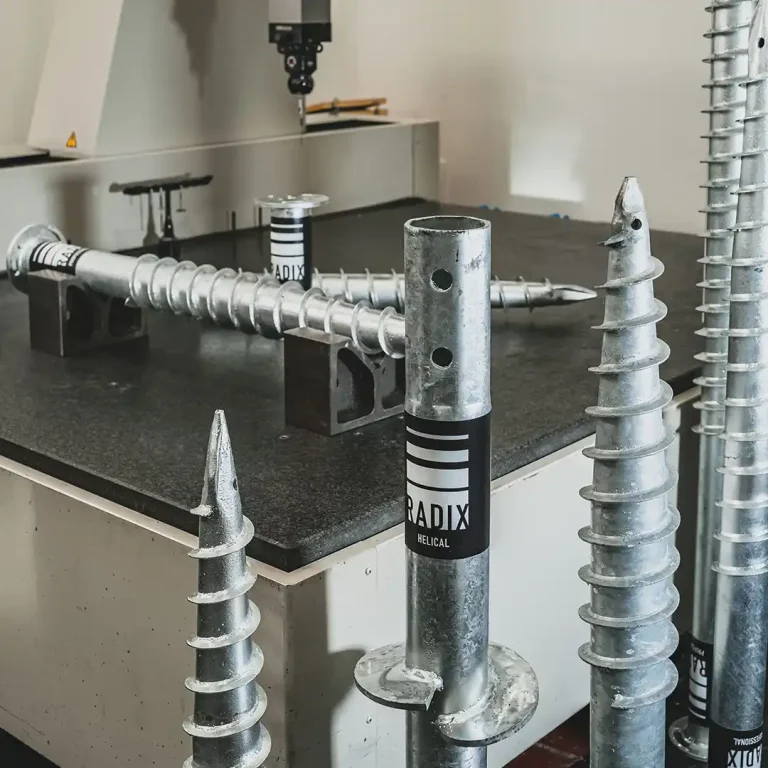
Guarantees & Warranties
At RADIX, we have worked diligently to design and develop the leading range of sustainable foundations on the market. In using the highest quality materials and manufacturing processes, we are confident in every one of our products and back each with a guarantee or warranty.
RADIX PRO Ground Screws Guarantee
The structural integrity of our full range of RADIX PRO Ground Screws (76mm, 89mm and 114mm) is backed with a 35-year guarantee from the date of purchase.
RADIX SolarMount Warranty
Our RADIX SolarMount Racking System is backed with a 25-year warranty from the date of purchase.
RADIX SolarTripod Warranty
Our RADIX SolarTripodRacking System is backed with a 10-year warranty from the date of purchase.
RADIX SolarTerrace Warranty
Our RADIX SolarTerrace Racking System is backed with a 10-year warranty from the date of purchase.